By Dr. David Rock Offers for digital, AI-powered coaching are starting to pop up in the inboxes of HR leaders everywhere, with lots of promises of cost savings for coaching....
Read More →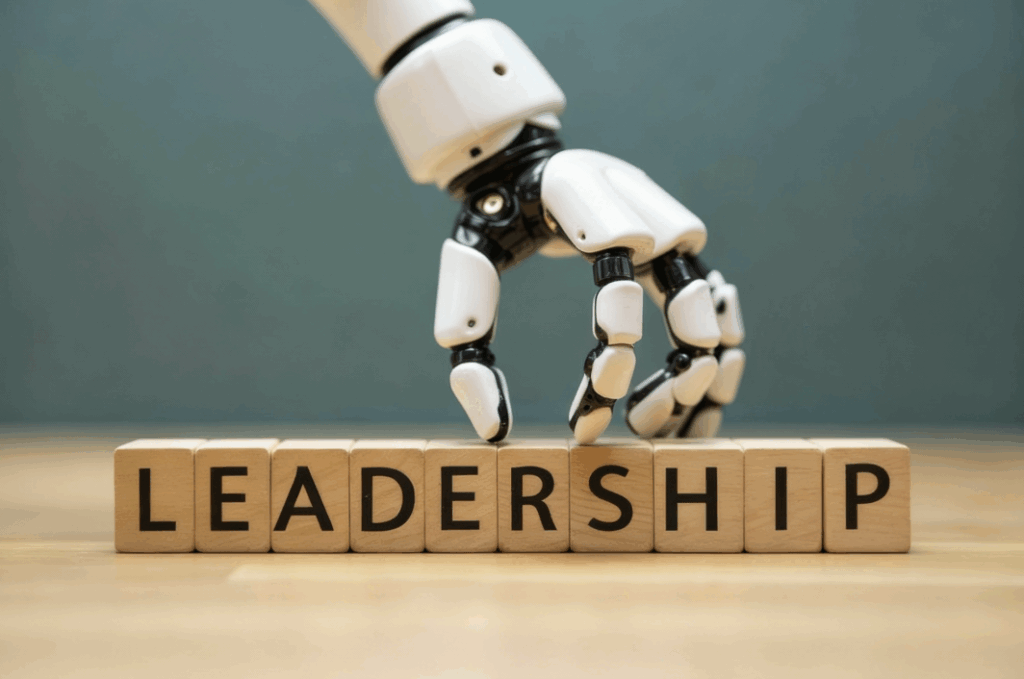
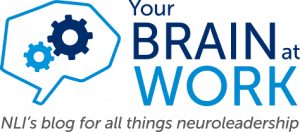
FEATURED INSIGHT
By Dr. David Rock Offers for digital, AI-powered coaching are starting to pop up in the inboxes of HR leaders everywhere, with lots of promises of cost savings for coaching....
Read More →
We talk often about the logistics of returning employees to offices, which is no doubt important. But what do managers need to do in order to manage the EMOTIONS of the moment?
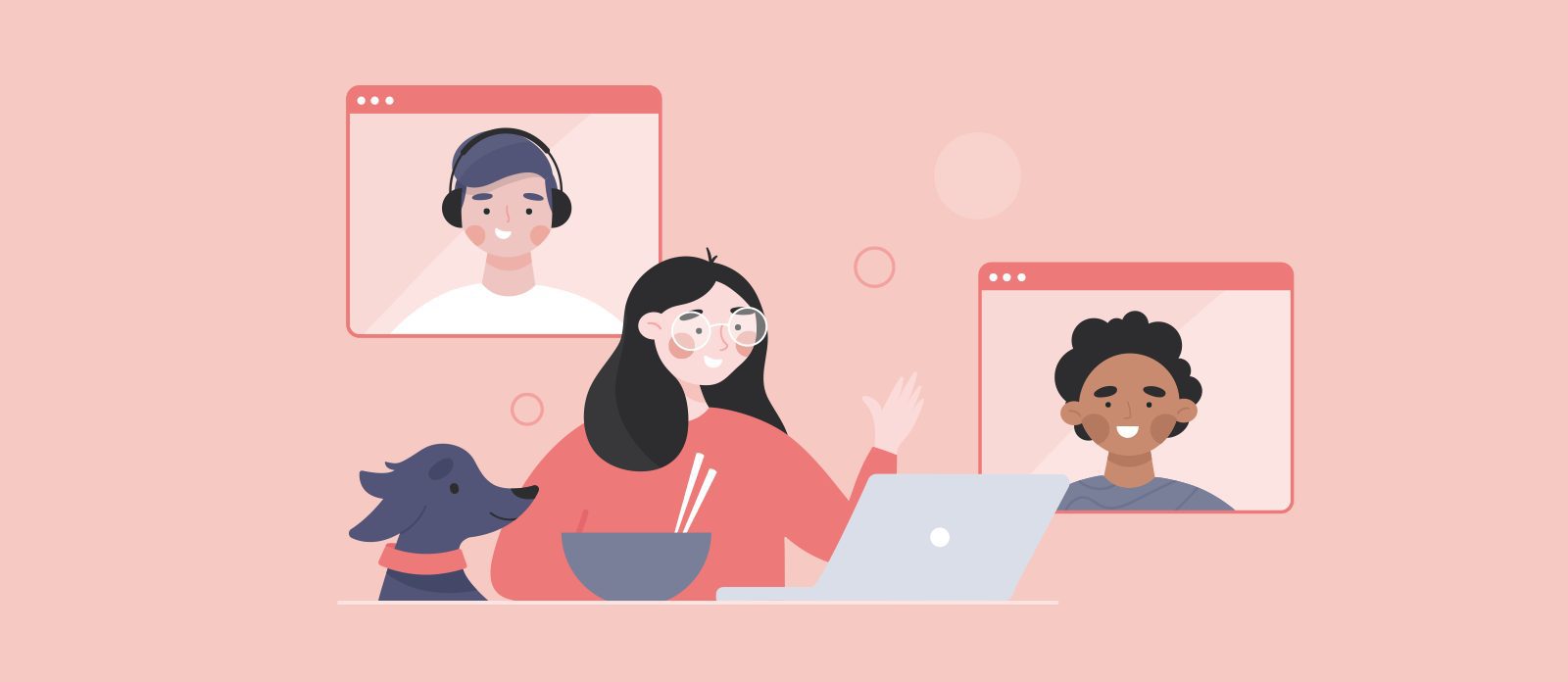
As talent becomes increasingly global 18 months into the pandemic, more and more teams are having to achieve goals without ever having the pleasure of meeting in-person. How does that all work?
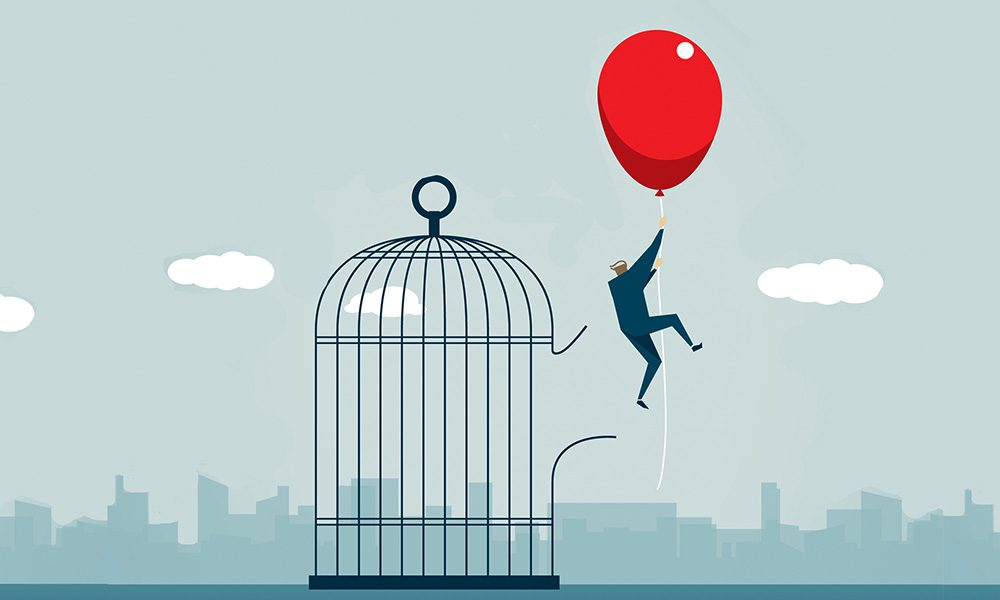
If you allow your employees the space to be autonomous and drive some of their own decisions and approaches to work, it doesn’t so much matter where they’re physically sitting to do that work.
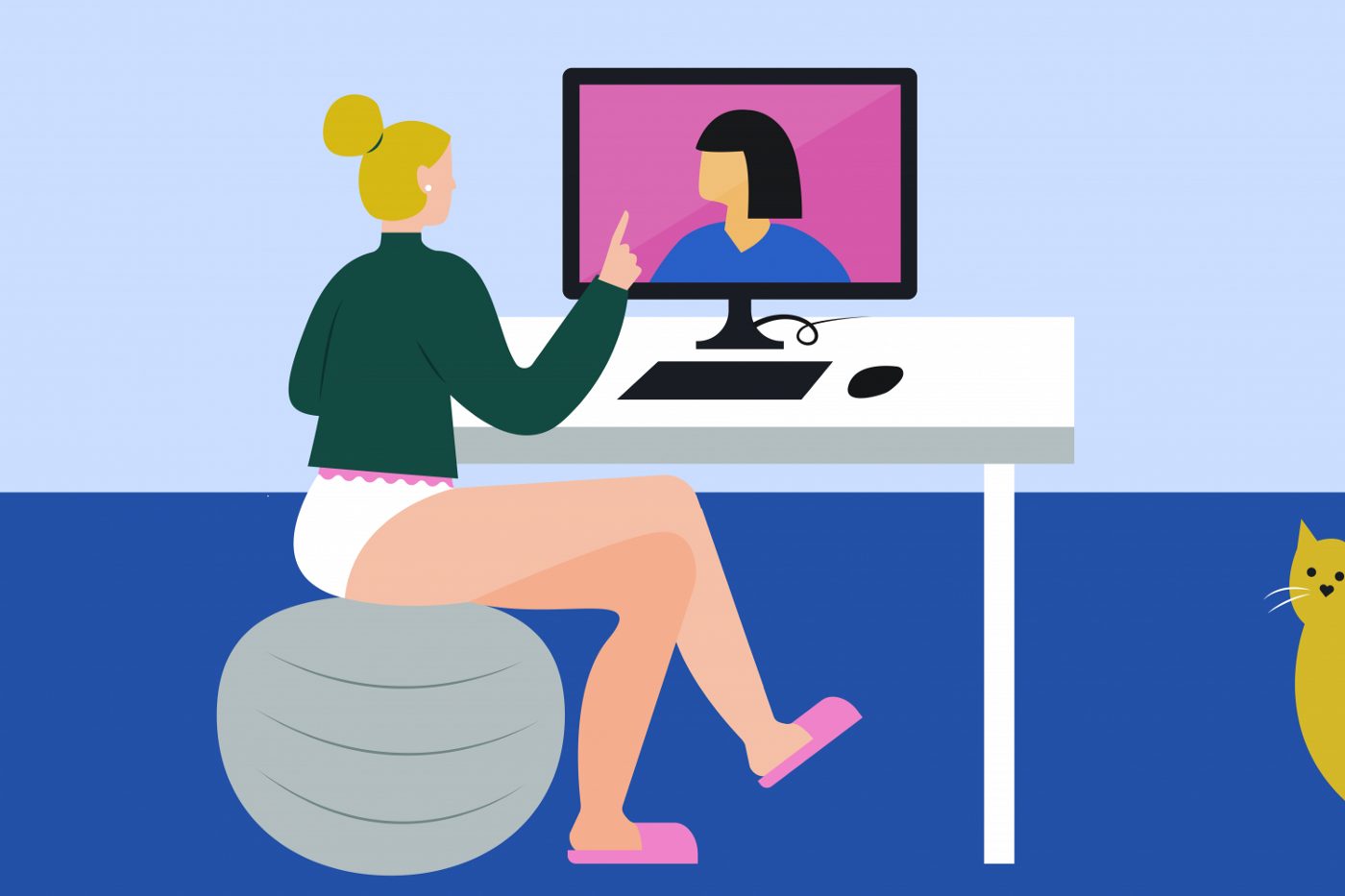
There’s a growing argument, and bodies of research from some places, that “work from home” destroys innovation. In reality, it often does exactly the opposite.
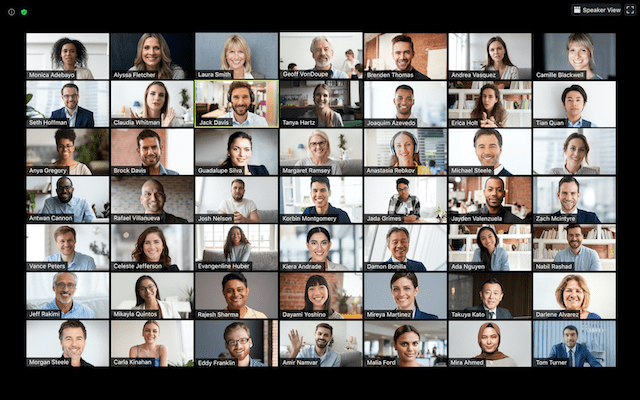
One prevailing debate around remote and hybrid work is that virtual work is necessarily WORSE than any in-person work. But this doesn’t have to be true. Much can be achieved virtually. Here’s a road map.

Join millions of employees in creating culture change at scale by reaching out today.

In 2007, David and Lisa Rock and their team had been working in leadership development and executive coaching for ten years, when David coined the term “NeuroLeadership.”ef

North America
Africa
South America
Asia
Europe
Australia
© NeuroLeadership Institute 2025. All Rights Reserved
This site uses cookies to provide you with a personalized browsing experience. By using this site you agree to our use of cookies as explained in our Privacy Policy. Please read our Privacy Policy for more information.